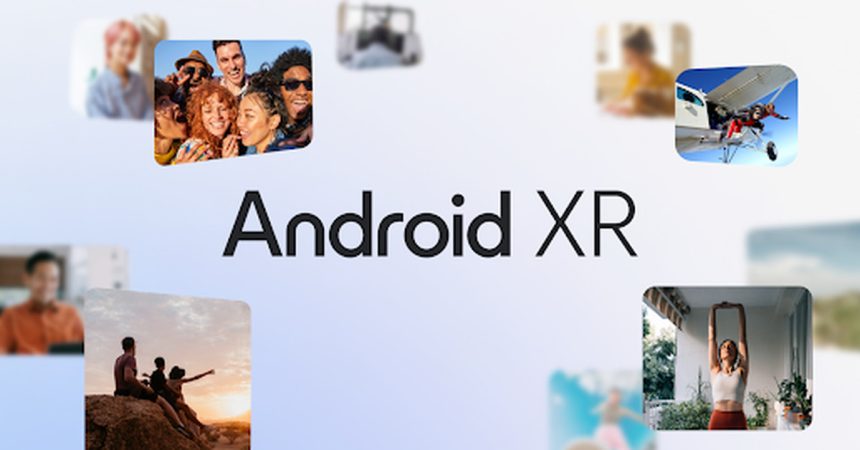Google is embarking on a renewed effort to establish its presence in the headset market with the introduction of Android XR, a dedicated operating system for extended reality (XR) devices, encompassing headsets and glasses. Collaborating with Samsung and other hardware manufacturers, Google aims to release XR devices next year, providing developers with early access to the new Android version. While details about Android XR remain scarce, initial demonstrations showcase immersive XR versions of existing Google applications like Maps, Photos, and YouTube, along with a multi-window multitasking Chrome browser tailored for XR. The platform will also support existing Android phone and tablet apps from the Play Store, mirroring Apple’s approach with iPad apps on the Vision Pro.
Central to the Android XR experience is Google’s Gemini AI, which the company believes will be the key differentiator in making XR user-friendly and compelling. Previous Google ventures into the headset market, including Glass, Cardboard, and Daydream, while innovative, failed to gain significant traction. Google posits that integrating a digital assistant powered by Gemini will be the catalyst for mainstream adoption of XR, akin to the impact of email and texting on the smartphone. Furthermore, Gemini’s multimodal capabilities, encompassing both capturing and generating audio and video, align perfectly with the functionalities of glasses and headsets.
The choice of “XR” as the operating system’s name reflects Google’s ambition to encompass a broad spectrum of experiences. XR, short for extended reality, encompasses virtual reality (VR), augmented reality (AR), mixed reality (MR), and everything in between. Google envisions headsets capable of seamlessly transitioning between virtual and real worlds, similar to the Vision Pro, and smart glasses designed as always-on companions. Audio-only devices like the Ray-Ban Meta Smart Glasses also fall within Google’s XR purview. The company’s strategy aims to support a diverse range of devices, from standalone headsets to phone-dependent accessories, with the possibility of Google developing its own XR hardware remaining open.
Android XR, though still in its early stages, is a culmination of Google’s investments in AI, the Android ecosystem, and wearable technology. The platform’s success hinges on convincing users to embrace XR technology and incorporate it into their daily lives. With the anticipated release of a co-developed device with Samsung, codenamed Moohan, next year, Google is poised to test the viability of its XR vision and challenge established players in the increasingly competitive headset market. The potential applications of XR technology are vast, ranging from immersive entertainment and gaming to practical applications in education, healthcare, and industrial settings.
Google’s strategy with Android XR appears multifaceted, addressing both the hardware and software aspects of the XR ecosystem. By collaborating with established hardware manufacturers like Samsung, Google can leverage their expertise in device development and manufacturing while focusing on building a robust and versatile operating system. The integration of Gemini AI, with its multimodal capabilities, promises a more intuitive and interactive user experience compared to previous headset iterations. The compatibility with existing Android apps further enhances the value proposition of Android XR, providing users with access to a familiar ecosystem of applications and services.
The ultimate success of Android XR will depend on several factors, including the quality of the hardware, the user-friendliness of the software, and the availability of compelling applications and experiences. Competition from established players like Apple, with its Vision Pro headset, will also pose a significant challenge. However, Google’s vast resources and expertise in AI, software development, and hardware design position it well to compete in this emerging market. The next year will be crucial for Google as it seeks to translate its ambitious vision for XR into a tangible reality and persuade consumers of the value and transformative potential of this technology.



